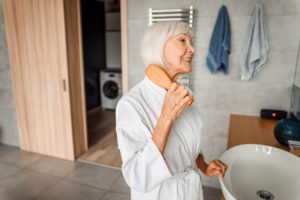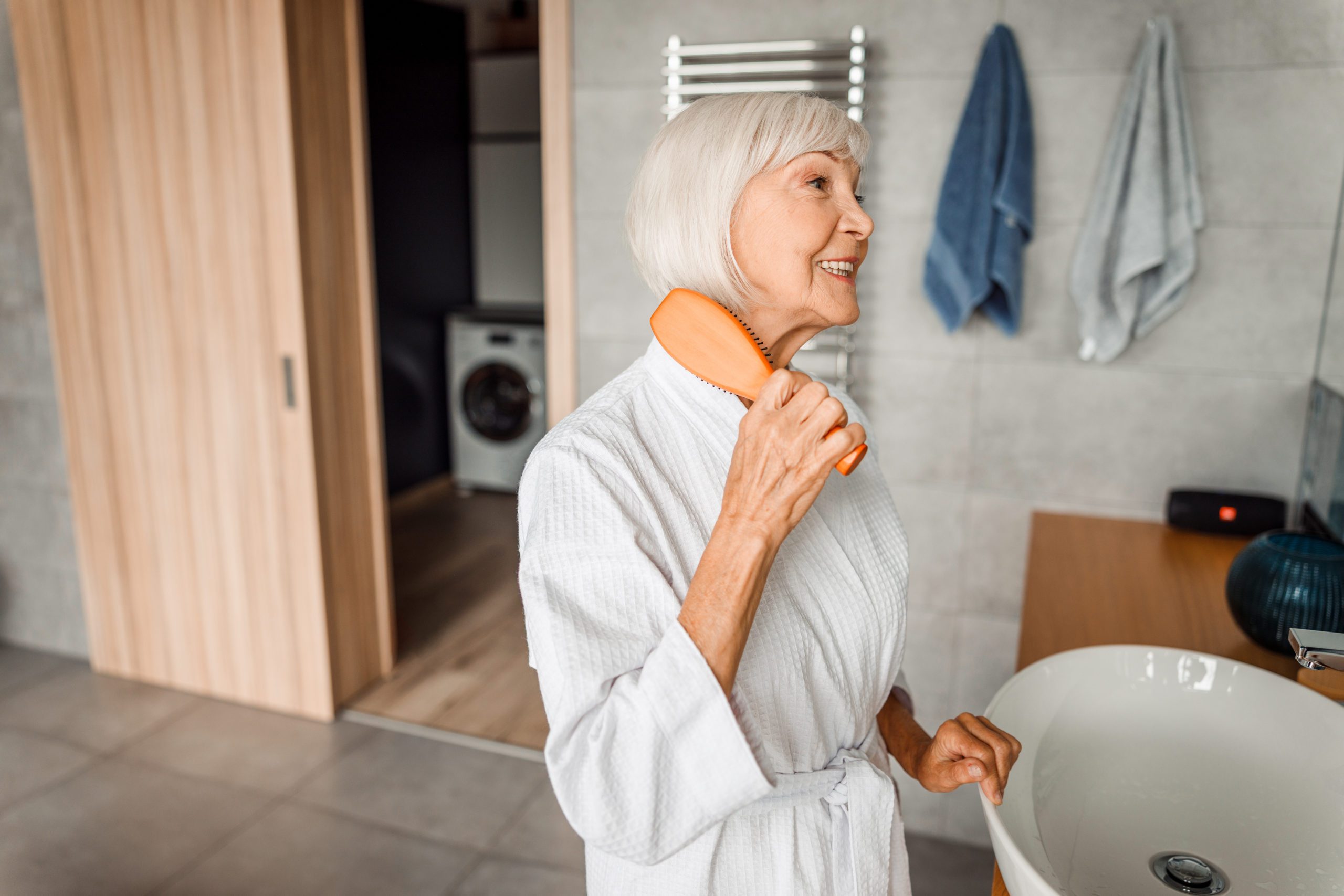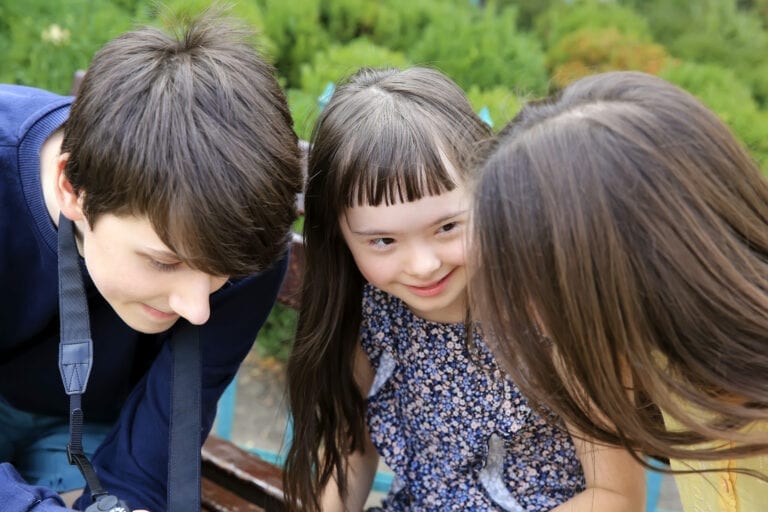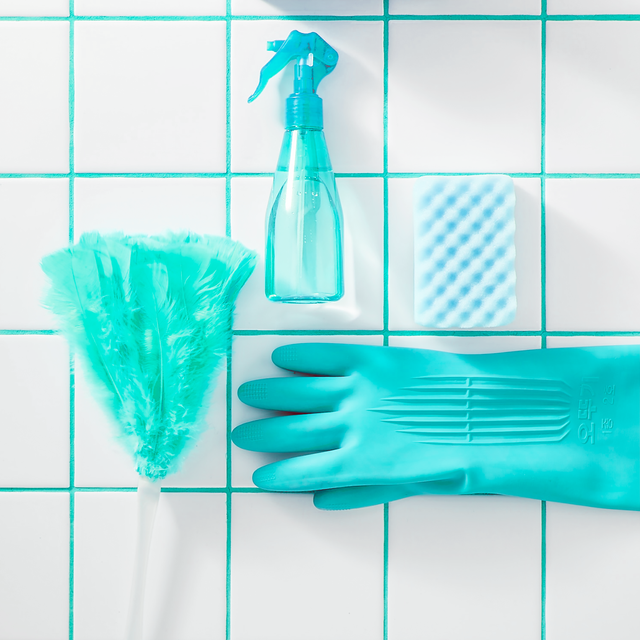
Our aged relatives need to foster a healthy personal care regime in order to maintain their dignity and sense of self-worth.
Grooming typically comes to mind when we think of personal care, but there are many factors involved. Bathing, oral hygiene, toileting, and dressing are all aspects of grooming, as well as hygiene (including oral hygiene).
A negative opinion of your appearance can have a huge impact on how you feel about yourself. One of the ways to help the elderly is to give them a good sense of self by keeping them well-groomed and maintaining good personal hygiene.
In order to foster trust and respect, seniors who require assistance with grooming and personal hygiene must feel trusted and respected. Our dignity is something that is respected by all humans, so we have to promote that by exercising calm, gentleness and relaxation in our approach to personal care.
It is important to assess the level of assistance required and then discuss it with the person concerned. Depending on their overall health and level of mobility, each individual’s grooming and personal care requirements differ. When discussing a private matter, it is prudent to establish good communication. Ask the person how they would like to receive assistance, and, if safe to do so, empower them to be as independent as possible.
Here are some useful tips for caring for your elderly loved one: –
Bathing
- Check that the room is warm and the floor isn’t wet or slippery.
- Be sure the water is at the right temperature – neither too hot nor too cold.
- Put soap and a washcloth close at hand and make sure the towel is within easy reach.
- Remember that the elderly have fragile skin that can easily tear or mark.
- If your loved one is sensitive to having their freshly set hair ruined, ask them if they’d like it washed.
- Ensure your skin is well moisturized from head to toe to prevent dryness
Dressing
- If possible, provide an elderly person with a few choices in clothing so that they can maintain some independence.
- Put on your underwear and undergarments first. Lay your clothes out so they are readily visible.
- You should choose clothes with fewer buttons and complex fastenings so that they are easier to dress in
Taking a shower or bath
- In case of need, ensure appropriate continence devices are available.
- If you require assistance with this, you may ask a continence advisor.
- A restricted level of mobility will affect toileting habits, so understanding individual needs is important.
Keeping your mouth healthy
- Dental appointments should be scheduled regularly.
- It is imperative that you maintain the proper dental hygiene, whether you have natural teeth or dentures.
- It’s a good idea to keep your gums hydrated and massaged daily.
- Sleep with your dentures out overnight to allow your mouth to rest and gums to recover.
The grooming process
- Get regular haircuts or other hair maintenance done – colors, perms, washes and blow-dries.
- If facial hair needs to be shaved, offer assistance or schedule an appointment.
- You should be able to provide services such as manicures and pedicures, gentle facials, hand and foot massages should they be needed.
In the Point Cook area, our on-site hair salon serves our residents on a four-day-a-week basis. Our staff strives to make our resident’s look and feel their best. The hairdresser and lifestyle coordinators provide our residents with services such as haircuts and colors, blow waves/sets, and beard trims. They also offer hand massages and nail cares/treatments on Fridays. Several times a week, our residents are also offered sensory hand/arm massages utilizing beautiful essential oils.
Dignity
As a senior, maintaining good hygiene becomes a challenge, and this also applies to seniors. Family members need to provide assistance if the senior can’t maintain good hygiene on their own. A tough conversation might be necessary, but ultimately you’re empowering this individual by helping them become more autonomous.
A person should be able to exert control over their lives no matter their developmental stage, and maintaining good hygiene is certainly part of that effort. Older adults will enjoy a better quality of life if they are well groomed and clean.
Mood: Elevated
Having well-maintained hair, nails, and skin helps seniors feel good. They are less likely to undergo negative emotions such as depression, anxiety, or hopelessness. When their hair, nails, and skin are in good condition, they are less likely to be seen as vulnerable.
A senior’s scent or the appearance of their hair are likely to cause anxiety just like anyone else and may lead to discrimination as a result of ageism. Seniors who are worried about their smell or their hair are concerned about it just like anyone else.
Skin Integrity
Often, elderly people suffer from incontinence or are incapable of bathing themselves. If they cannot properly clean their skin after bathing, their skin integrity may be affected and they may worry about their smell.
Their self-esteem is affected, and this can lead to excoriated skin because of bacteria built up on the epidermal membrane. Bathing should take place on a regular basis, and when rashes appear dermatologists can provide recommendations.
Oral Health
Many people believe dental care is not necessary if they wear dentures, which is not true. Seniors are at risk for developing oral health problems because of some common myths. A mouthwash solution and regular brushing of the gums can prevent diseases in the mouth that are common to seniors. Regularly washing dentures also prevents bacteria from accumulating on them and affecting the mouth. By doing so, it’s possible to avoid conditions such as bad breath, which are caused by halitosis.
If seniors brush and floss regularly, any problems can be addressed before they become serious. For example, a wisdom tooth can be prevented if seniors brush and floss regularly. Even though wisdom teeth are often associated with young people, they can cause problems in any age group, including seniors. Ignoring them will not make them go away.







